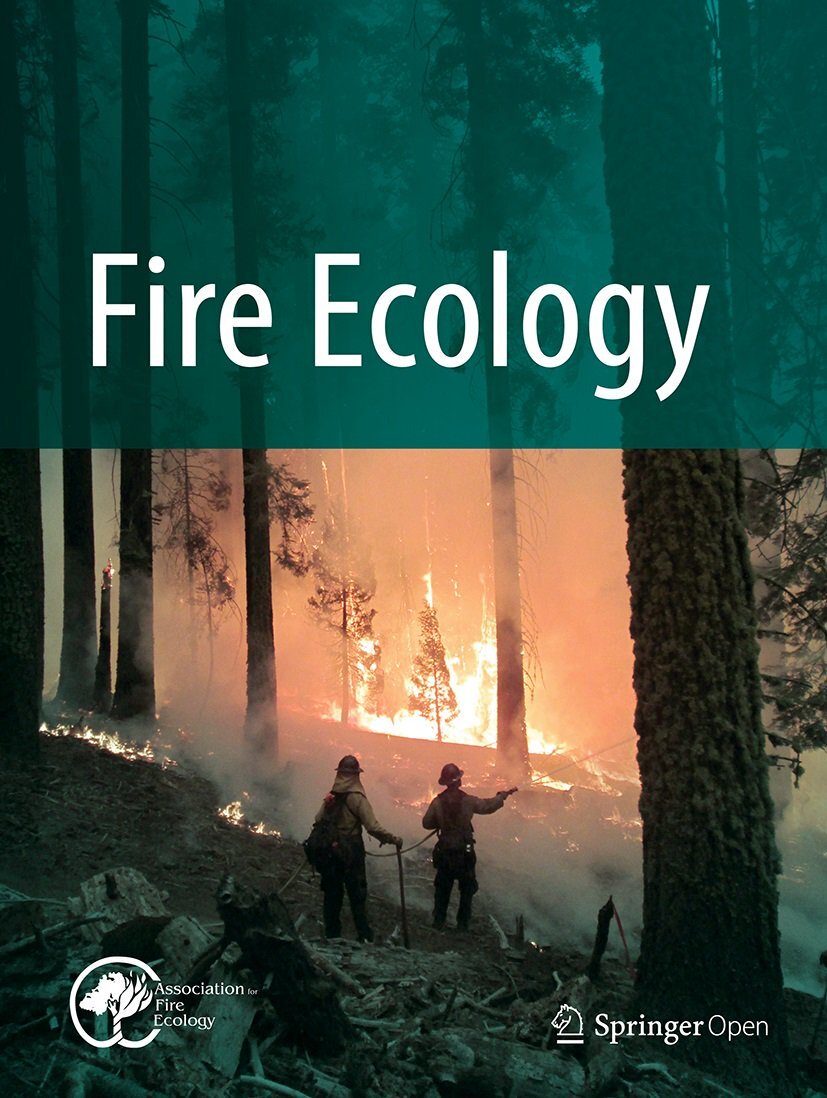Survey on Strengthening Wildfire REsilience: International Practices
This survey invites experts, both academic and practitioner, to contribute to an international study on ‘wildfire resilience’, led by researchers at Princeton University with partners worldwide. While there is not, and should not be, a single strategy for achieving wildfire resilience across diverse pyro-geographies, valuable lessons can be drawn from international practices to strengthen resilience in fire-prone regions worldwide.
This survey seeks place-based insights into how resilience is understood, enacted, and constrained in specific contexts. Therefore, we invite experts to draw on their knowledge and experience in fire-prone areas to help identify what has worked, what has not, and the enabling conditions, barriers, and temporal dynamics (e.g., political cycles, geopolitical relations, climate shocks, market volatility) shaping resilience-oriented decisions, as well as to highlight critical research and policy gaps. Where contextually appropriate, these grounded perspectives may inform mitigation and adaptation interventions in other fire-prone areas that respect historical fire regimes and sociocultural specificities, learning from international “best” practices.
By drawing on expert knowledge and experience of specific regions, systems dynamics, communities, or projects, their participation will:
facilitate global knowledge exchange by contributing to an open-source database of resilience-oriented approaches across wildfire governance domains, available to both practitioners and academics;
help develop a global blueprint for adaptive, contextually grounded wildfire resilience strategies;
inform real-world design and planning, including the rebuilding of a recently fire-affected wildland–urban landscape; and
contribute to a broader analysis of how ‘good’ and ‘bad’ fire are understood and mobilised in policy and practice.
We welcome contributions from experts (academic and practitioner) focusing on:
specific aspects of resilience (e.g., governance, policy, fuel management, insurance, urban design, infrastructure), or
multiple dimensions of resilience within a single case study area.
This survey has four sections:
Defining wildfire resilience
Identifying opportunities and challenges for resilience using a joint Social-Ecological Systems– Pyrogeographic (SESP) Framework
(Optional) Highlighting critical research gaps
(Optional) Reflecting on perceptions of ‘good’ and ‘bad’ fire
It will take approximately 10–30 minutes to complete, depending on the level of detail participants choose to provide.


